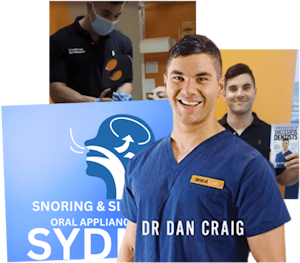Pioneering Non-Invasive Sleep Apnea Treatment
- Written by Dr Daniel Craig Hetrelezis





Designed for the EB-810E[1] projector and provides easy setup for portable displays in flexible ...

Where headless CMS is adopted by large enterprises, governance is the single most crucial factor d...

Rating: ★★★★☆ (4.4/5)Category: Premium Robot Vacuum & Mop ComboBest for: Busy households, ha...

Shark introduces the Shark SteamSpot Steam Mop, a lightweight steam mop designed to make everyda...

With Valentine’s Day right around the corner, many lovebirds across Australia are planning for the m...

In recent weeks, a range of large “software-as-a-service” companies, including Salesforce[1], Se...

An ACT Ombudsman report has found that Housing ACT tenants have been left waiting in unsafe and haza...

If you're looking for a reliable steam mop that can handle both everyday spills and stubborn stains ...

Inflation in Australia and globally has surged to multi-decade highs since 2021, driven by pande...

The war in the Middle East is not a distant geopolitical event for Australia. In an interconnect...

University can be a time of great opportunities, but it can also be very stressful[1]. Many stud...

30+ events, new sunrise and wellness experiences, 20+ chefs and a headline Michelin-star line-up...

A review of the Oztent RV "30 second tent" range. Three years ago we bought an RV-4 from BCF Mack...

As we settle into 2026, the concept of the "dream home" has fundamentally shifted. The focus has m...

For many Australian homeowners, the dream of a "Grand Designs" transformation is often checked by ...